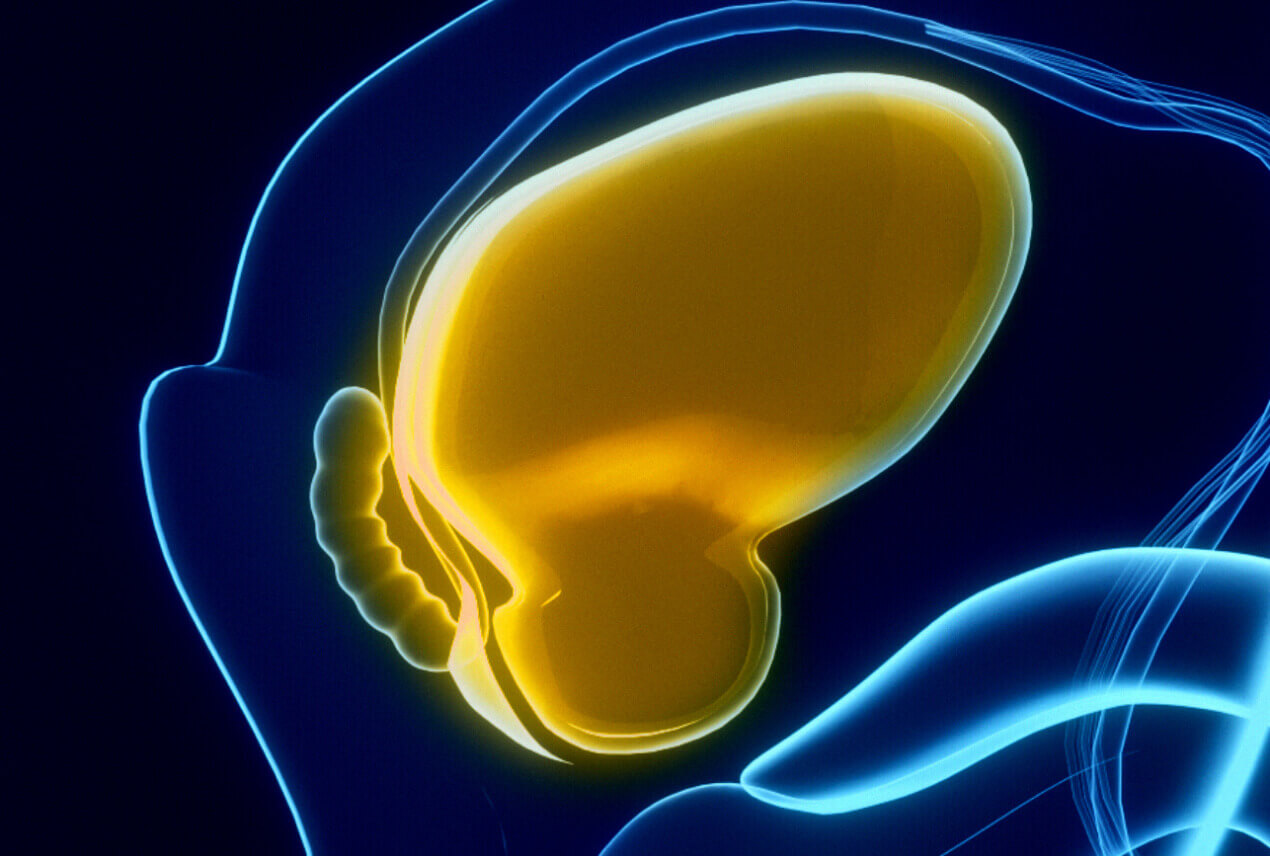A urinary tract infection (UTI) is an infection in one or more parts of the urinary system: the bladder, kidneys, ureters, and urethra. If you've had a UTI, you know how painful and persistent it can be, even when the case is mild. The burning during urination, combined with an increased urge to urinate, especially at night, can wreak havoc on your day. If the UTI moves from the bladder to the kidneys, the infection can cause kidney damage when left untreated.
The urinary system is designed to keep out bacteria, but sometimes its natural defenses fail. UTIs develop when bacteria enter the urinary tract through the urethra and begin multiplying in the bladder. Recurring UTIs may indicate other health problems, such as diabetes or an abnormal urinary system.













